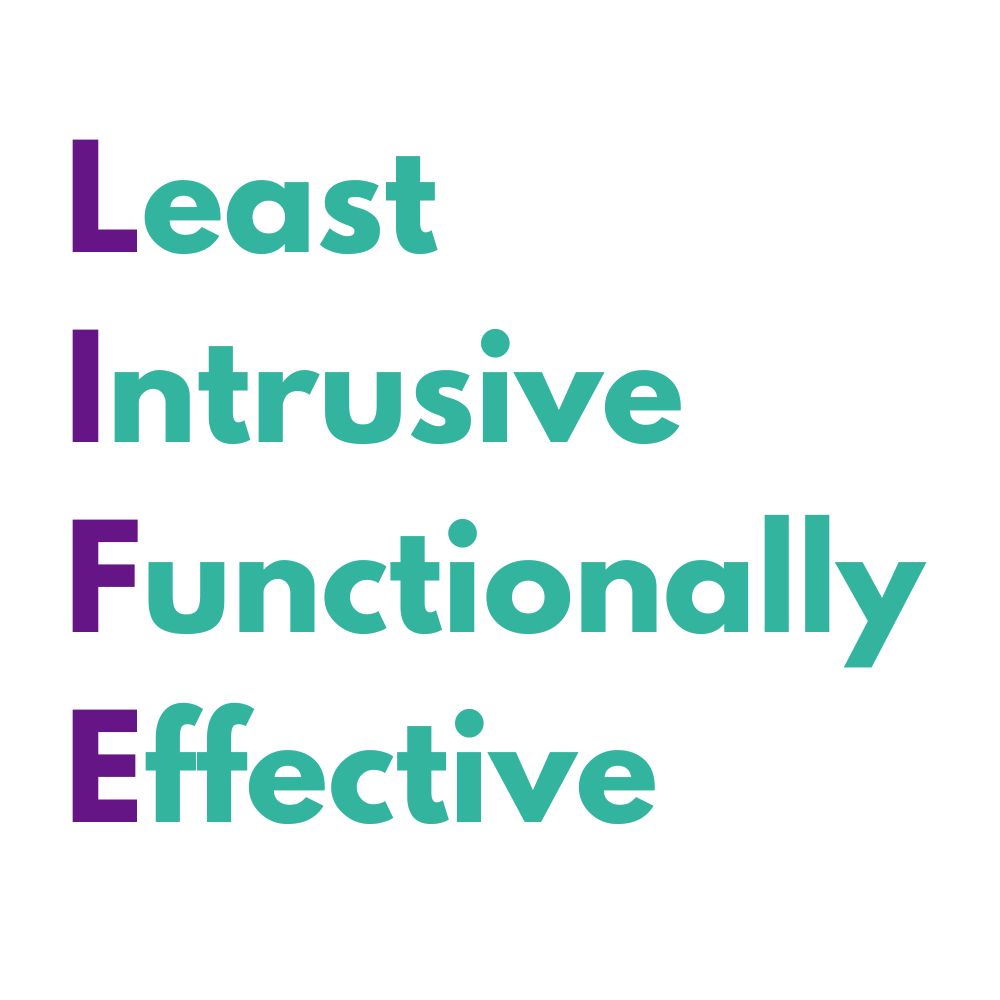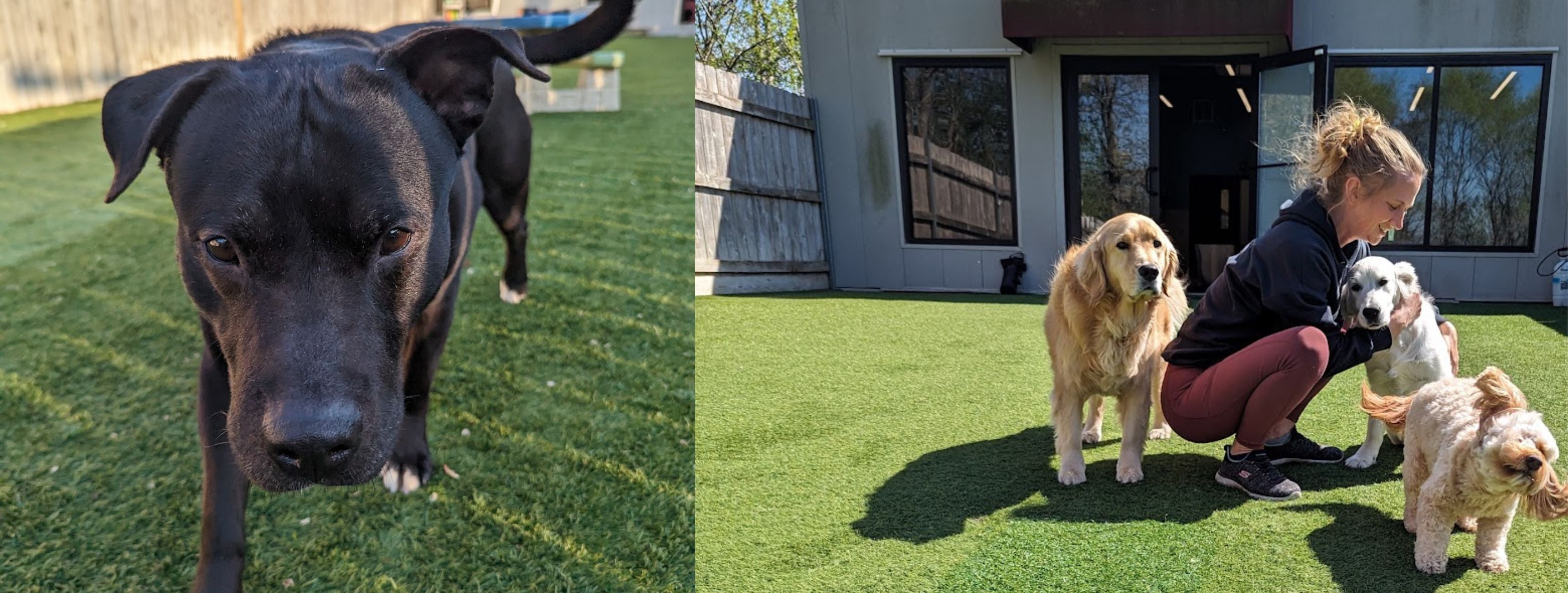
Dominance Debunked
Contrary to popular thinking, research studies of wolves in their natural habitat demonstrate that wolves are not in fact dominated by an "alpha wolf", being the most aggressive male or female in the pack. Researchers have actually found that wolf packs are very similarly structured to how human families are and there is little aggression or "fights for dominance" by wolves.
In addition, further understandings of canine behavior has found that dogs, while sharing some traits with their wolf cousins are actually for more different from wolves than originally thought.
"Alpha" and "leader of the pack" dog training methodologies are based upon an inaccurate understanding of animal behavior and long term effects of this type of training can lead to behavioral problems including aggression and anxiety towards other people and dogs.
When we know better, we do better.
Build a bond with your dog while reinforcing positive behaviors.
Our Philosophy: Embracing the LIFE Model
At Do Better Training, we believe in the power of knowledge and the importance of adaptability. As we continue to learn and grow, we strive to implement the most effective and humane training methods. Our philosophy has evolved to embrace the LIFE model: Least Intrusive, Functionally Effective.

What is the LIFE Model?
The LIFE model is a modern approach to ethical animal training that prioritizes both the welfare and the effectiveness of training methods. Developed as an enhancement to the previous LIMA model, LIFE focuses on ensuring that our strategies are minimally invasive yet highly effective.
Key Principles of the LIFE Model
1. Least Intrusive: We use strategies that cause the least disruption to the animal's natural behavior and well-being.
2. Functionally Effective: Our methods are designed to be practical and effective in achieving desired behavior changes.
Commitment to Positive Change
At Do Better Training, we are committed to continuous improvement and positive change. We understand that as our knowledge of animal behavior grows, so must our methods. This commitment drives us to stay current with the latest advancements in behavior science and to be willing to adapt our practices accordingly.
The Five Freedoms
In addition to the LIFE model, we are guided by the Five Freedoms, a set of principles ensuring animal welfare:
1. Freedom from Hunger and Thirst: Access to fresh water and a healthy diet.
2. Freedom from Discomfort: Providing a comfortable environment.
3. Freedom from Pain, Injury, or Disease: Prevention and rapid treatment.
4. Freedom to Express Normal Behavior: Sufficient space and the company of the animal's kind.
5. Freedom from Fear and Distress: Ensuring conditions that avoid mental suffering.
These freedoms, established by the Farm Animal Welfare Council (FAWC), form a cornerstone of our ethical commitment to animal care (FAWC, 1979).

Building Better Partnerships
Our goal is to create a cooperative and trusting relationship between you and your pet. We emphasize positive reinforcement and a supportive environment, ensuring that your dog not only learns effectively but also enjoys the process.
Why Choose the LIFE Model?
Ethical Standards: LIFE promotes the highest standards of animal welfare by avoiding aversive techniques and focusing on humane training methods.
Effectiveness**: By using strategies that are both minimally intrusive and functionally effective, we achieve lasting behavior change that benefits both the animal and the owner.
Adaptability: The LIFE model encourages continuous learning and adaptability, ensuring that our training methods are always based on the most current and reliable scientific knowledge.
References
Fernandez, E. (n.d.). Least Intrusive, Functionally Effective (LIFE) Webinar. Shelter Dog Play. Available at: [https://www.shelterdogplay.org/_files/ugd/7c885c_ade2684fb43b41bd88e39dccf4e1dc32.pdf](https://www.shelterdogplay.org/_files/ugd/7c885c_ade2684fb43b41bd88e39dccf4e1dc32.pdf)
FAWC, 1979. Five Freedoms. Available at: [https://webarchive.nationalarchives.gov.uk/ukgwa/20121010012427/http://www.fawc.org.uk/freedoms.htm](https://webarchive.nationalarchives.gov.uk/ukgwa/20121010012427/http://www.fawc.org.uk/freedoms.htm). Archived from the original on October 7, 2012.

